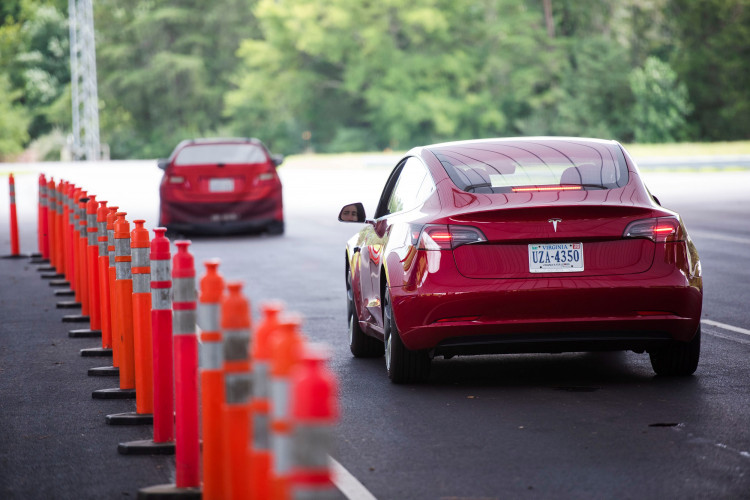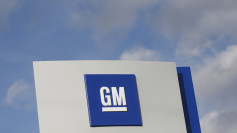Tesla is facing a huge legal problem coming from owners of its flagship Model S and Model X electric vehicles. A private owner recently filed a lawsuit in Northern California against the electric carmaker. The plaintiff claims that the driving range of some of Tesla's older models was reduced when the company released a software update which it claims was supposed to fix defective batteries.
Some experts have noted that Tesla should have issued a recall order in order to repair the batteries instead of just releasing a software update. The class-action lawsuit claims that Tesla decided to just roll-out a software update instead of issuing a recall in order to avoid the high cost involved in doing the latter.
A number of reports claim that the class-action status of the case was made as there might be thousands of affected Model S and Model X cars in the world that might have been affected by the software update. The lawsuit also claims that the update greatly diminished the range of the affected cars.
The software update can cause a car's mileage to be reduced by as much as 40 miles. That is already a great distance in terms of an electric car wherein mileage is one of its most important features. Some Tesla owners claim that even the more expensive trims of the electric cars suffer the same issue. Some of the plaintiffs claim that not only was the mileage reduced, the overall car value was also diminished.
In response, Tesla said, "A very small percentage of owners of older Model S and Model X vehicles may have noticed a small reduction in range when charging to a maximum state of charge following a software update designed to improve battery longevity."
Tesla is facing quite a lot of legal trouble lately. Aside from the recent class-action lawsuit, the company is also being scrutinized by a number of government institutions in the United States over a number of issues. One such issue was presented by the National Highway Traffic Safety Administration. The NHTSA claims that the company is overstating the safety score of some of its models. This is not Tesla's first tussle with the NHTSA. In 2013, the government agency also criticized Tesla for claiming that it's Model S electric car has an overall safety score of 5.4 stars. The NHTSA refuted this claiming that the agency's rating system has a maximum score of just 5 stars, the rating system does not go beyond that.





